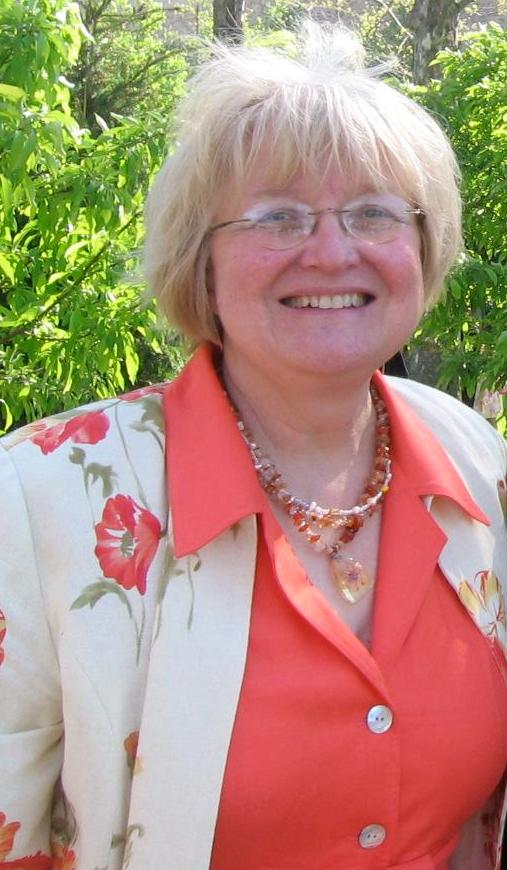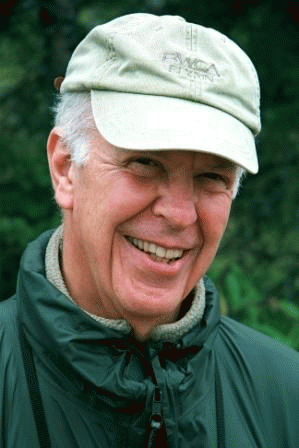Parker J. Palmer, in his new book, Healing the Heart of Democracy: The Courage to Create a Politics Worthy of the Human Spirit examines those questions and offers us a way to reclaim democracy for "We the People." At this critical moment in American life, Palmer looks with realism and hope at how to deal with our political tensions for the sake of the common good.
"As long as we allow mass media to define politics as happening in corridors of power that we can't access -- and define issues on such a vast scale that we can't comprehend them -- the outcome is pretty predictable," Palmer said in a recent interview. "As citizens, we throw up our hands and say, "I can't be an effective political agent. I need to retire to private life, get what I can for me and mine, and forget about my neighbors and the larger community.'
"One of the most interesting things in American politics is that we do want more health care for more people; we do want to pay taxes for good public schools for all children; etc. Polls reveal that people by and large are in favor of things that some folks in Washington say we are not. If you ask the questions properly, very few Americans will say that they don't want government or that government is all bad. Most people have the common sense to know that without government we would have no potable water, schools, interstate highways, or social safety net."
Palmer is a writer, author, teacher and activist whose work speaks deeply to people in many walks of life. He is founder and senior partner of the Center for Courage & Renewal. He has written on spirituality, education and teaching, and on the need for an engaged citizenry to be part of the public life that defines our democracy.
"Let's not forget that American democracy started with "We the People' agreeing to work hard to create "a more perfect union.' We've lost the idea that politics begins at home with what happens in families, in neighborhoods, in classrooms, in congregations. We called this democracy into being -- and if we want to call this democracy back to its highest values, it's got to be the us doing that calling. That's not going to happen if "We the People' don't know how to talk to one another with civility and hold our differences in a creative, life-giving way."
It sounds like a simple task on paper. But that does not mean it is easy. In Healing the Heart of Democracy, Palmer outlines the "habits of the heart" that are crucial to developing the conversations that will help our democracy survive and thrive. The book outlines five key habits of the heart and the venues of local life where we can help them develop.
Palmer compares the long-term work needed on the infrastructure of democracy to the long-term work needed to maintain and rebuild the physical infrastructure of our country. "We can see we have neglected the physical infrastructure of our country: a bridge collapses in Minneapolis; a street explodes in New York City; public services don't work properly; we are threatened with insufficient water or electricity.
"We see what happens when we don't have the patience to do the necessary long-term work on our physical infrastructure. Now is the time to begin long-term work on democracy's infrastructure. All kinds of practical things can be done to make that happen in an intentional and ongoing way.
"Every time we refuse to talk to each other in a life-giving way, we squander our power. Every time we practice hostility instead of hospitality in the public realm, we drive more people into private life and out of the arena of true politics where we can explore the common good, dream together about what we really want and how we are going to get it, and then hold our elected officials accountable. It takes courage to enter the public battlefield where so much hateful rhetoric flies. We need to rebuild the venues of local life in which the habits of the heart get formed that make real citizenship possible.
"I'm not surprised that some of the issues I discussed in 1983, in the Reagan era, are still salient issues in the Obama era," Palmer said. "They were salient issues even in the era of the founders. One of the things I'm aware of at age 72 is that all the people I admire for their social and political engagement -- whether well known or not -- share at least one characteristic: they somehow developed a capacity for standing and acting in what I call the "tragic gap.'
"By that I mean the gap between the hard, discouraging realities around us and what we know to be possible because we've seen those possibilities with our own eyes. We know there is a lot of greed, but we also know that human beings are capable of great generosity and caring. Gaps between reality and possibility are never fully closed. If you think of any of my heroes or your heroes -- Martin Luther King, Dorothy Day, Rosa Parks, people who devoted their lives to great human causes of love, truth and justice -- they died without seeing any final resolution. Yet, that did not deter them.
"The capacity for standing in the tragic gap helps keep us from flipping out into too much reality, which can lead to a corrosive cynicism, or too much possibility, which can lead to an irrelevant idealism that floats above the fray. Cynicism and idealism sound like two different things, but they have the same effect: both take us out of action.
"To stay in the fray, we have to make effectiveness (or getting the problem solved) a secondary criterion. Each of us is going to die without seeing the final resolution of the problems we care most about. For me, the word "faithfulness' names the primary criterion for evaluating our contributions. Am I acting in a way that is faithful to the gifts I've been given, to the situations in which I've been placed, and to the needs that come up in those situations about which I might do something?
"At the end I am going to be asking, "Was I faithful to my best lights? Did I speak my highest truth? Did I speak it in a way that other people could hear it? And was it truth that somehow, on balance, contributed to human possibility?'
(Note: You can view every article as one long page if you sign up as an Advocate Member, or higher).






